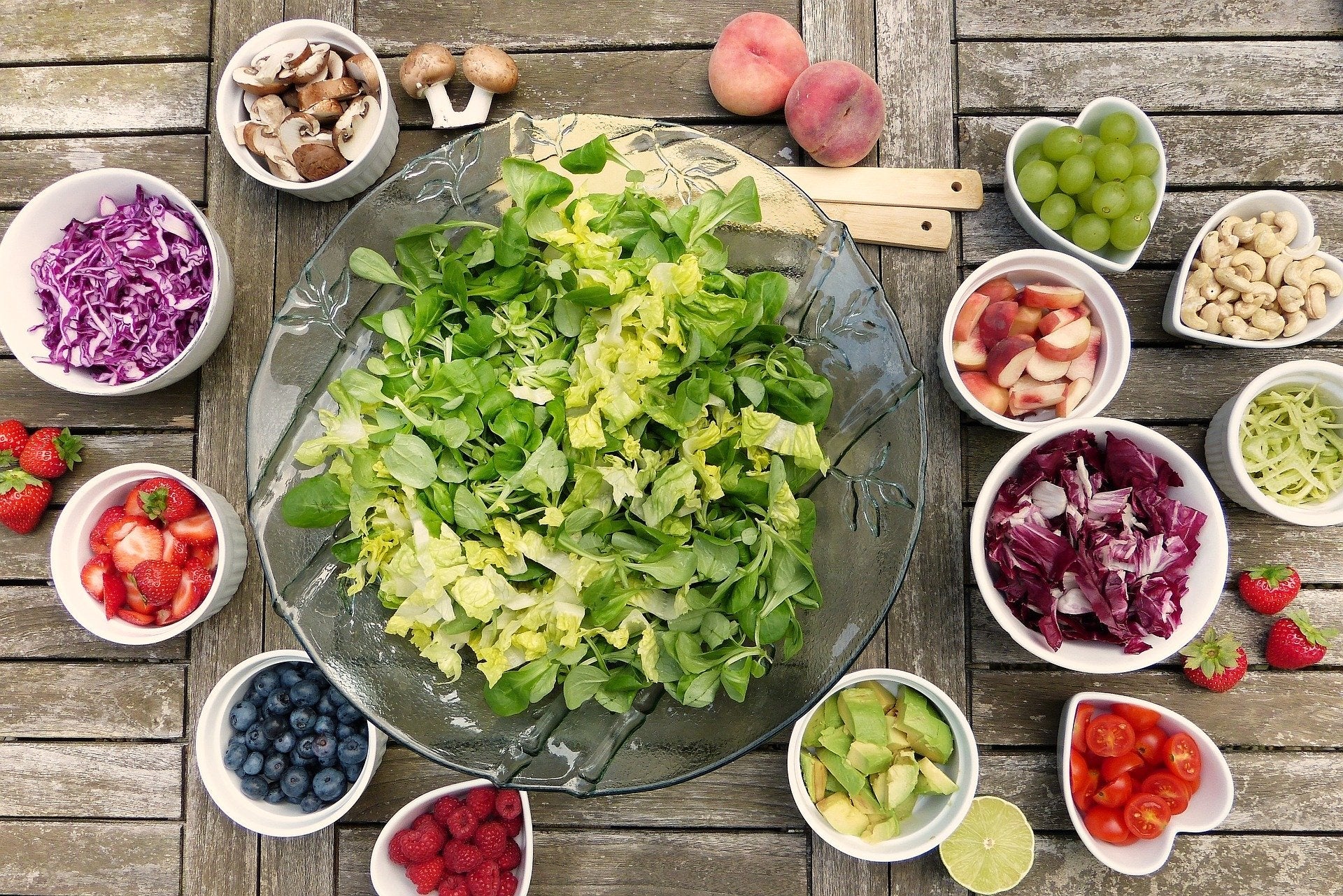Eat healthy without breaking the bank
Published 10:21 am Friday, February 14, 2020
|
Getting your Trinity Audio player ready...
|
Think eating healthy foods is too expensive to try? Think again: A recent study showed that a healthy diet costs only about $1.50 more per day per person than its less healthy counterpart.
You can enjoy nutritious foods without breaking the bank — and there are more benefits than just saving money, says Riley Thornton, wellness specialist in UAB Employee Wellness.
“Eating a balanced diet can seem inconvenient or expensive; but with a little bit of preparation and planning, it can have a positive impact on both your budget and your waistline,” Thornton said.
A little forethought and planning go a long way:
Create a shopping list.
The biggest key to smart, budget-friendly eating is setting aside time to plan ahead. A weekly meal plan can help you create a master grocery list. Prioritize food dollars for vegetables, fruits, low-fat dairy, lean protein and whole grains, rather than highly processed items and packaged snack foods, which can be expensive. Instead, prepare some healthy snacks ahead of time to eat during the week.
“Try to make meals that include similar ingredients throughout the week to cut down on the amount and variety of food you have to purchase,” Thornton said.
Plan around weekly sales.
Check ads and circulars for fresh produce, lean meats and low-fat dairy items on sale each week — and do not forget to clip any available coupons. Be sure to compare national brands with store labels for the lowest prices.
“Spending just 20 minutes or so each weekend to plan ahead can help you find good choices at discounted prices, sometimes allowing you to double-up on purchases with a buy-one-get-one-free deal without necessarily paying more,” Thornton said.
Check the unit price.
Not sure whether to buy five individual-sized yogurt packages or one larger yogurt container? Look on the item’s store price label and compare the unit prices to see which items you can get more of at a lower cost. Try this when deciding between fresh or frozen items such as broccoli, regular or family-size boxes of cereals, and single-serving or large containers of yogurt.
Shop for seasonal produce.
Local, seasonal produce is at its peak flavor and is more readily available for a lower price, Thornton says. There are several farmers’ markets around Birmingham, such as the UAB Farm Stand, Alabama Farmer’s Market and the Market at Pepper Place, so shop there to stock up on locally grown fare. If the produce item you want is not in season, consider getting frozen fruits and vegetables. They usually have the same nutritional quality, but check the labels for added sugars or salt.
Always buy your favorite meat when you see it on sale.
Buying extras of your favorite meat when it is cheaper lets you prepare two or more meals at once and enjoy the leftovers for lunch or dinner. Animal protein is often the most expensive ingredient in recipes, so planning a meatless meal several times each week can also cut down on your costs. Download UAB Medicine’s free heart-healthy vegetarian recipe book for some unique ideas.
“Non-animal proteins such as beans or soy-based products can provide fiber in addition to protein, which keeps you feeling full and less likely to snack unnecessarily,” Thornton said.
Make your freezer your friend.
Using your freezer more often can help reduce food waste and help prepare you for nights when you may be tempted to spend money on eating out. Plan to double a healthy recipe each week and freeze leftovers to have for another time. Mix your leftover ground meat protein with a marinara sauce to freeze and have ready for a spaghetti night, buy frozen vegetables to add to a stir-fry, or freeze fresh spinach to put in your next smoothie. Take a look at the Academy of Nutrition and Dietetics’ guide to making frozen foods convenient and nutritious.
Stock up on discounted grains and dry goods.
Whole grains and dried beans are generally inexpensive, so you can get more nutrition for your dollar. Take advantage of sales and bulk bins and prepare dried beans, peas and lentils ahead of time to freeze so you have fiber- and protein-rich foods on hand at all times.
Reduce food waste.
According to a 2014 EPA study, Americans toss more than 38 million tons of food each year. Make the most of your food by planning to use highly perishable foods such as fish, greens, berries and fresh herbs earlier in the week while saving heartier items for later. Enjoy leftovers for lunch, or create new meals with your leftovers.
“Preparing planned extras can help you prevent waste and optimize the time it takes you to prepare food,” Thornton said. “Learning which foods freeze well also can prevent waste and provide healthy options available for you to have on hand.”





